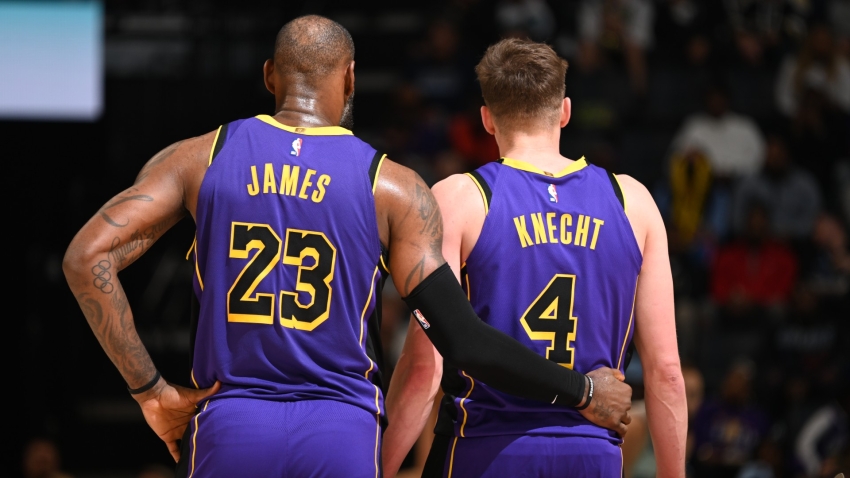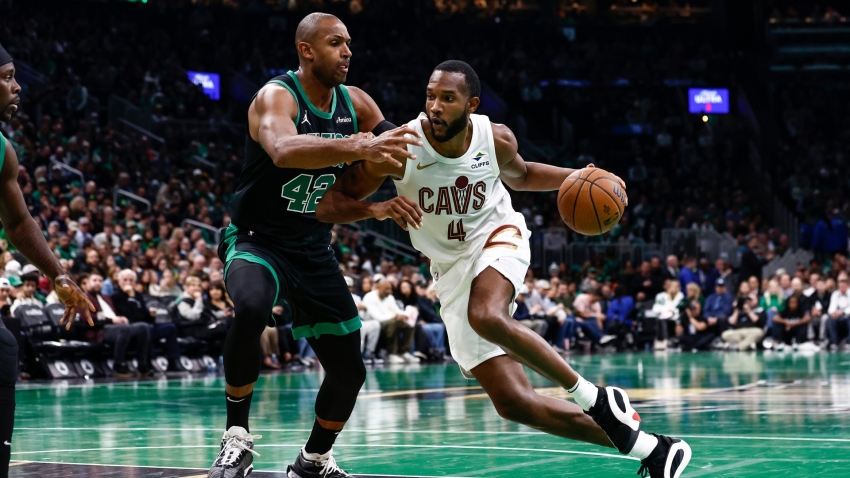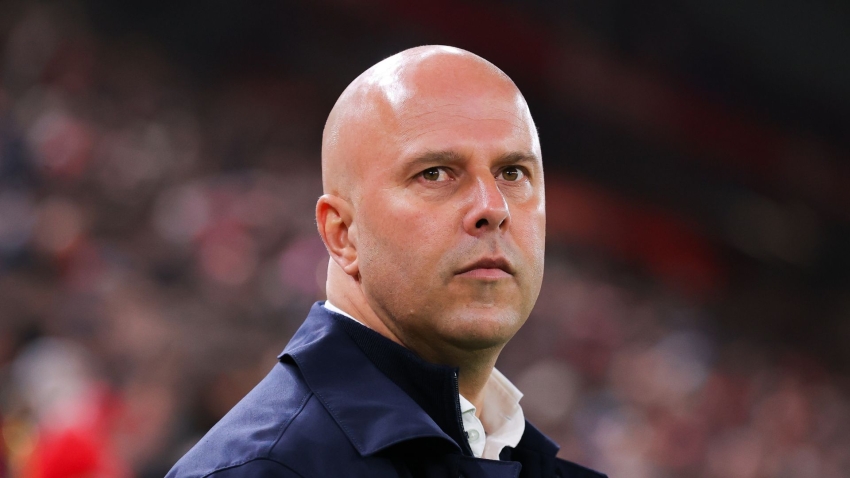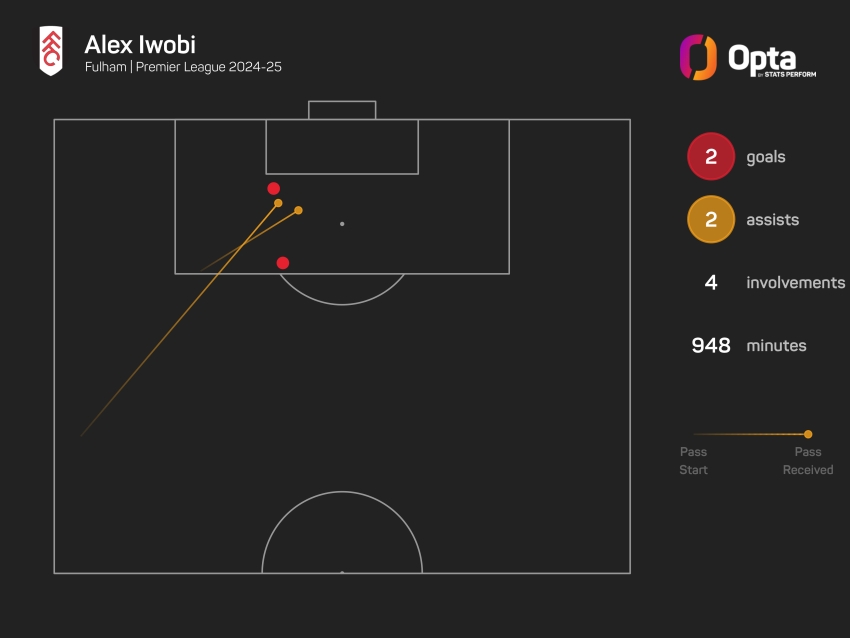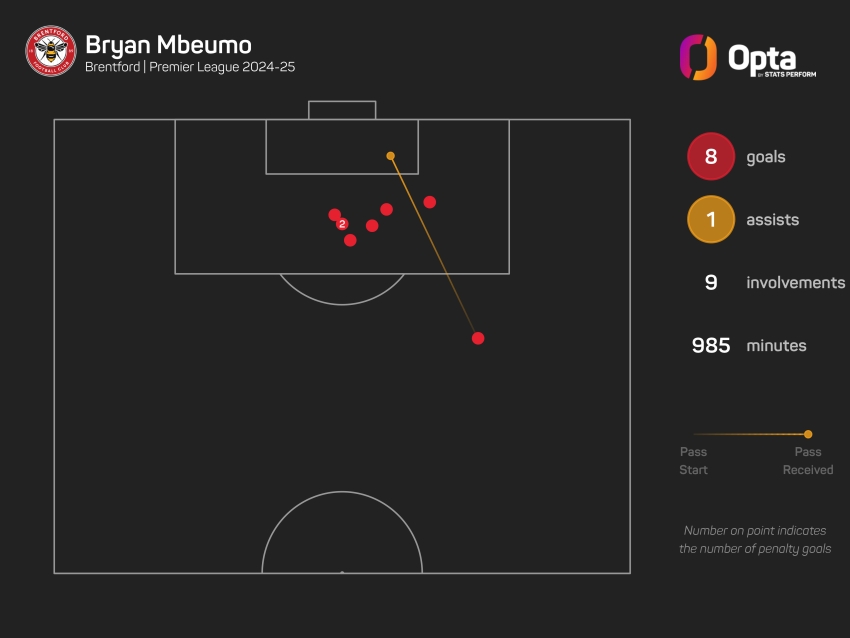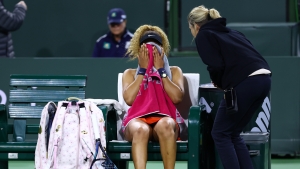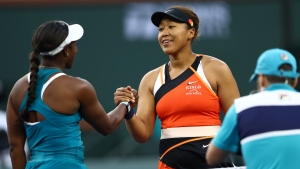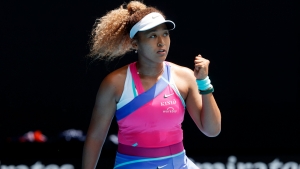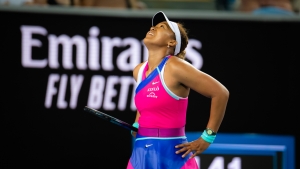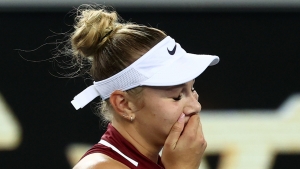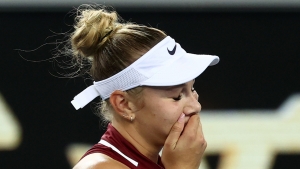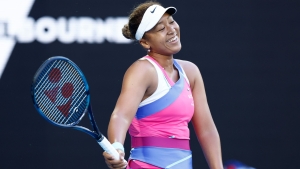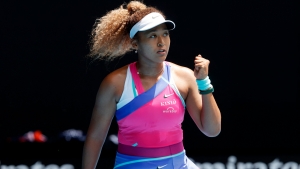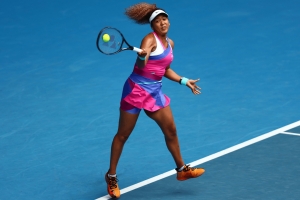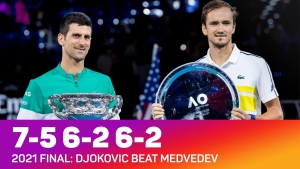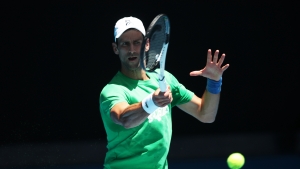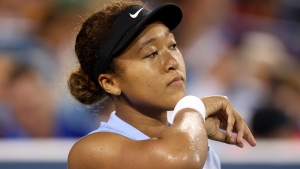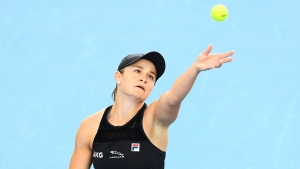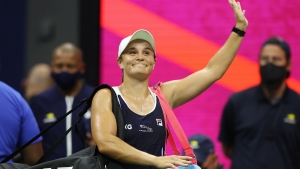The tennis season has begun with Rafael Nadal, Ash Barty, Paula Badosa and Thanasi Kokkinakis among the champions at small-scale events in Australia.
Yet there has been one dominant story in the sport and little else has had a look-in in the lead-up to the Australian Open.
Now that Novak Djokovic knows his fate, there is the welcome prospect of eyes turning to matters on the tennis court, rather than the Federal Court.
With the action getting under way in Melbourne on Monday, Stats Perform looks at the main protagonists and what the numbers tell us about another high-stakes grand slam.
Djokovic absence blows open men's draw
As defending champion Djokovic heads for home, it is worth a reminder of how he has dominated this tournament.
Nine of his grand slam titles have come in Melbourne, and he has taken the trophy in each of the last three years, helping him cosy up alongside Roger Federer and Rafael Nadal on 20 majors, an all-time record they share. Of the 'Big Three', only Nadal is in the draw this year, with Federer currently on the injured list.
Djokovic has the highest win percentage in the Open Era (since 1969) at the Australian Open, among players with 20 or more wins (91.1 per cent – W82 L8). He was hoping to join Nadal (13 French Opens) and Margaret Court (11 Australian Opens) in the exclusive club of players to reach double figures for singles titles at one slam.
The Serb was also aspiring to become the first man in the Open Era to win four consecutive Australian Opens. It happened once before the tour turned professional, with Roy Emerson winning five in a row from 1963 to 1967. Djokovic has left Melbourne with the title every time that he has made it through to the semi-finals.
So who takes the title now?
Only Bjorn Borg (89.2 per cent) has a higher winning percentage in grand slam matches than Nadal (87.7 per cent) and Djokovic (87.5 per cent) in the Open Era, among players with 100 or more wins. So why not Nadal?
The 35-year-old and Djokovic have carved up 12 of the last 14 grand slam titles, Nadal winning four of those (three French Opens, one US Open). He is battling back from a foot injury lay-off and coronavirus, and might need to get the early rounds out of the way without undue stress to stand a chance at the business end.
The two exceptions in the Nadal-Djokovic sequence of slam dominance have come at the US Open, with Dominic Thiem winning in New York in 2020 and Daniil Medvedev triumphing at Djokovic's expense in last year's Flushing Meadows final. Thiem is not in Australia, but world number two Medvedev is, looking to become the third Russian man to win two slams, after Yevgeny Kafelnikov and Marat Safin.
The last man other than Federer, Nadal and Djokovic to secure back-to-back slam singles title was Andre Agassi (US Open 1999 and Australian Open 2000), but that is Medvedev's objective now, and he has the game to pull it off.
Nadal has reached at least the quarter-final stage in 15 of his last 16 grand slam appearances, winning six of those majors (four French Opens and two US Opens), so he may well be a factor.
Who else is in the frame? Alexander Zverev probably, having reached the quarter-finals in Australia in the last two seasons (SF in 2020 and QF in 2021). He won the Olympic Games and ATP Finals titles last year, so a grand slam is an obvious next step. He might want to keep double faults in check though, having served a tour-high 113 in slams last season.
Stefanos Tsitsipas reached the Australian semi-finals in 2019 and 2021, so throw him into the mix too, and Matteo Berrettini might be a threat. The Italian, a runner-up to Djokovic at Wimbledon in July, served more aces than any other player in grand slams last year (311 aces, 16.4 on average per match).
Others have more modest ambitions
Andy Murray is back at the Australian Open for the first time since 2019, when he lost in the first round against Roberto Bautista Agut in five sets and was more or less given his last rites as a tennis pro after the match, having indicated he was close to retirement.
The five-time Australian Open runner-up last won a match in this tournament in 2017, when he reached round four. A tough opener against Nikoloz Basilashvili awaits.
Spanish 40-year-old Feliciano Lopez will make his 80th appearance in a grand slam and become the second man in the Open Era with 80 or more appearances at the four majors, after Federer (81).
Do not expect an Australian to be men's champion, by the way. The last time an Australian reached the men's singles final was 2005, when Lleyton Hewitt lost against Safin, and the last home champion was Mark Edmondson in 1976.
Barty backed in stacked women's draw
For the first time since 1997, neither Serena nor Venus Williams will take part in the Australian Open. Yet the women's tour is in rude health, even without those great bastions.
Ash Barty is world number one and a standout pick for many, only enhancing her claims after winning an Adelaide International title in the run-up to this fortnight.
But there is staggering depth on the women's side at present, and Barty will face stiff competition.
Incredibly, the last five grand slam finals have featured 10 different women, and teenager Emma Raducanu's against-all-odds US Open triumph in September shows best of all that new stars are emerging.
Yet since 2000, only three non-seeded players have reached the women's singles final at the Australian Open: Serena Williams in 2007, Justine Henin in 2010 and Garbine Muguruza in 2020.
Barty could become the first Australian to be women's champion since Chris O'Neil in 1978, and the first to reach the final since Wendy Turnbull lost to Hana Mandlikova in 1980.
The Queenslander is the top seed, and the last time the number one failed to reach at least the fourth round at Melbourne Park was in 1979, when Virginia Ruzici lost her opening match. Barty ended a long wait for an Australian winner of the women's title at Wimbledon last year, so why not closer to home as well?
Naomi Osaka is back, so what should we expect?
Truth be told, that's hard to know. Osaka took time out from tennis after the US Open to focus on her mental health and enjoyed hanging out with friends, before deciding she missed tennis enough to go back on tour.
She had three wins at the Melbourne Summer Set tournament recently before withdrawing from a fourth match, saying her body had "got a shock" from the intensity. As defending champion in the season's first major, she has a target on her back and will need to find a way to handle that.
Over the past six seasons, only Osaka has managed to win back-to-back grand slam singles titles among the women, and she has done so twice (US Open 2018 and Australian Open 2019, plus US Open 2020 and Australian Open 2021).
The last player to win back-to-back women's Australian Open singles titles was Victoria Azarenka (2012 and 2013), so it does not happen regularly.
Osaka has an 85 per cent win rate at this tournament: since 2000, only Jennifer Capriati (90 per cent) and Serena Williams (89 per cent) have had a higher win percentage in the main draw.
You want challengers to the big two? Try sticking a pin in the draw
The Daphne Akhurst Memorial Cup, which goes to the champion, is a trophy that upwards of a dozen women will seriously believe they can win.
Aryna Sabalenka has reached the semi-finals of the last two slams but is mired in some kind of hellish serving groove, having made 74 double faults in her last four matches and lost the last three in a row.
Anett Kontaveit won a tour-high 39 matches on hard courts last year but has only been to one grand slam quarter-final – last year in Australia, losing to Simona Halep.
What about Ons Jabeur, who matched Kontaveit for a tour-high 48 wins across all surfaces last year? The Tunisian is queen of the drop shot, making 147 successful such plays on tour last year, more than any other player, and recently reached the top 10 in the WTA rankings for the first time.
Maria Sakkari reached two slam semi-finals last year, the first of her career, and the form of Barbora Krejcikova and Badosa in the past week in Melbourne marks them out as contenders. Both are recent fast-risers, Krejcikova already with a French Open title to show.
WTA Finals champion Muguruza could be the second Spaniard to twice reach the Melbourne title match, after Arantxa Sanchez Vicario (1994 v Steffi Graf and 1995 v Mary Pierce). Spain has never had an Australian Open women's singles winner: former French Open and Wimbledon champ Muguruza is an authentic contender.
Halep was runner-up to Caroline Wozniacki in 2018, a semi-finalist in 2020 and quarter-finalist last year, and a Melbourne Summer Set title was a handy warm-up for the Romanian. Consider her, too.
Monica Seles, in 1991, was the last player to triumph on her debut in the main draw, but she was already a grand slam winner (1990 French Open). Given the strength of the line-up, the prospect of a bolter coming through this field is unlikely, even if the example of Raducanu tells us anything is possible.




